- Home
- Wellbeing & Support
- Online Safety
Online Safety

We take online safety very seriously. Our Facebook feed regularly update parents with information provided by National Online Safety. Each year we have a week of activities based around Safer Internet Day in February.
Please also go to the Safeguarding Page which has further information about Snapchat, TikTok and Whatsapp.
This page covers Online Safety for both Primary and Secondary pupils and parents. You can find information from National Online Safety about Social Media sites, as well as information directly aimed at Primary or Secondary age pupils.
The following websites are recommend. They contain huge amounts of useful resources on general online safety advice, to specific concerns or targeted support for more vulnerable children:
Please also see our Policies and Important documents section for our Online Safety policy and Remote Learning information. Also see our Remote Learning page for help in accessing SharePoint, Teams etc.
Primary Online Safety
PRIMARY ONLINE SAFETY
The majority of pupils in our school, even from the age of 4, have access to an electronic device with which they are able to access the internet or play video games on. Our children are undoubtedly growing up in a ‘cyber-society’ and we must respond to this in educating them how to stay safe online just as much as we would offline.
Social networking certainly has its advantages. It can strengthen connections with friends and family and encourages participation in community clubs, collaboration on school projects, and communication with teammates.
Many pupils also spend a portion of their leisure time playing video games and recent Dutch researchers suggest that not only do the newer video games provide younger children with compelling social, cognitive, and emotional experiences, they also can potentially boost mental health and well-being.
So how does it go wrong? Impulsive children may comment on an inappropriate post without thinking, which can snowball and become very hurtful – an online situation can escalate quickly where a young person can feel very under threat, often from people they don’t know. Young children find it very difficult to grasp how public social media is.
Think U Know website This is an excellent source of information for parents and children.
We would ask that you click the links and read the stories of ‘Digiduck’s Big Decision’ and ‘The Adventures of Smartie the Penguin’ with your child. They are an excellent platform for a discussion about understanding some of the difficulties that may occur when children have access to electronic devices and how they can avoid them. Also try this version of Goldilocks.
Some video games can be very inappropriate for young people and it is essential they are protected from being exposed to violence, sexual images, the use of drugs or explicit language. The PEGI labels appear on the front and back of the packaging indicating one of the following age levels: 3, 7, 12, 16 and 18. They provide a reliable indication of the suitability of the game content in terms of protection of minors.
Secondary Online Safety
For advice and guidance on how to stay safe online, we recommend the following sites for both Students and Parents:
CHILD EXPLOITATION & ONLINE PROTECTION CENTRE - VISIT WEBSITE
Guide to internet safety and safe surfing for young people - visit website
Additionally, the Government have recently released a new website which gives valuable information to parents as to how to safeguard their children from extremism.
To access please CLICK HERE
Please also refer to our Online Safety Policy, found in the Policies and Key Documents section.
Social Media
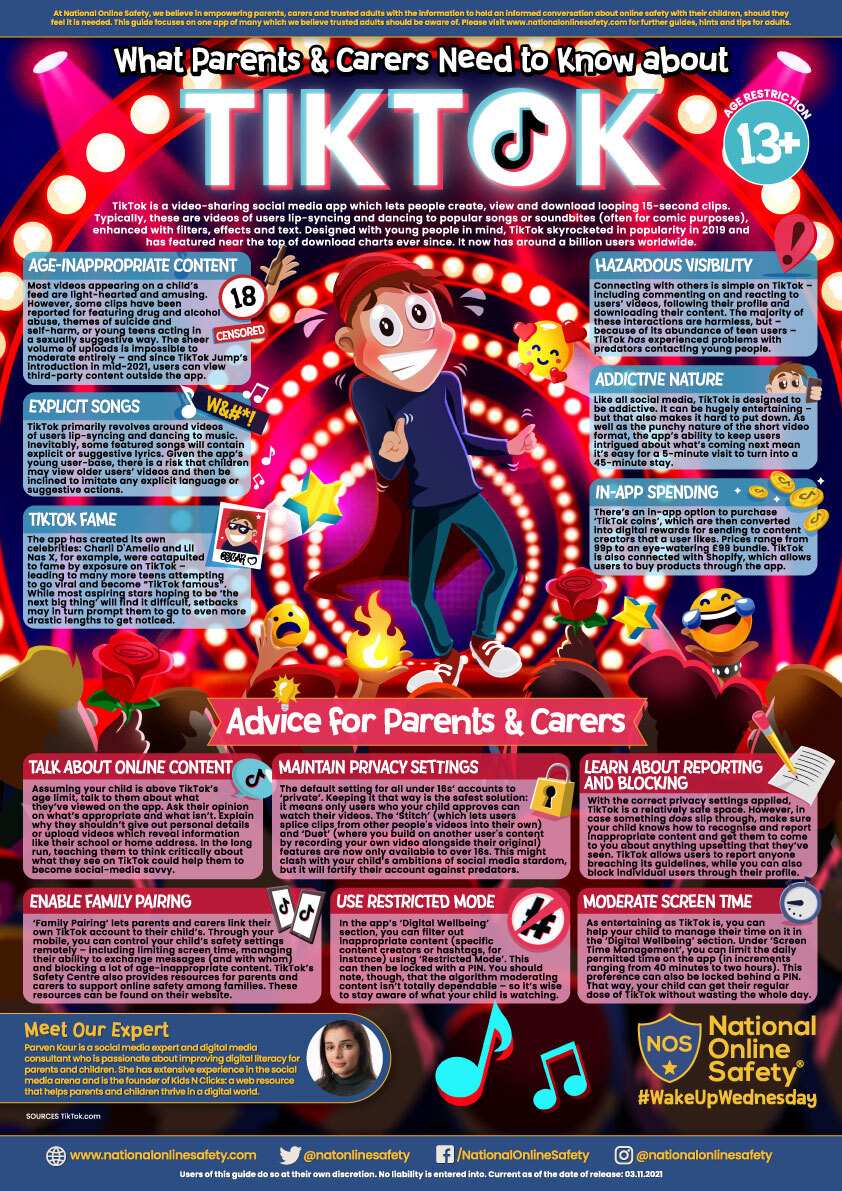
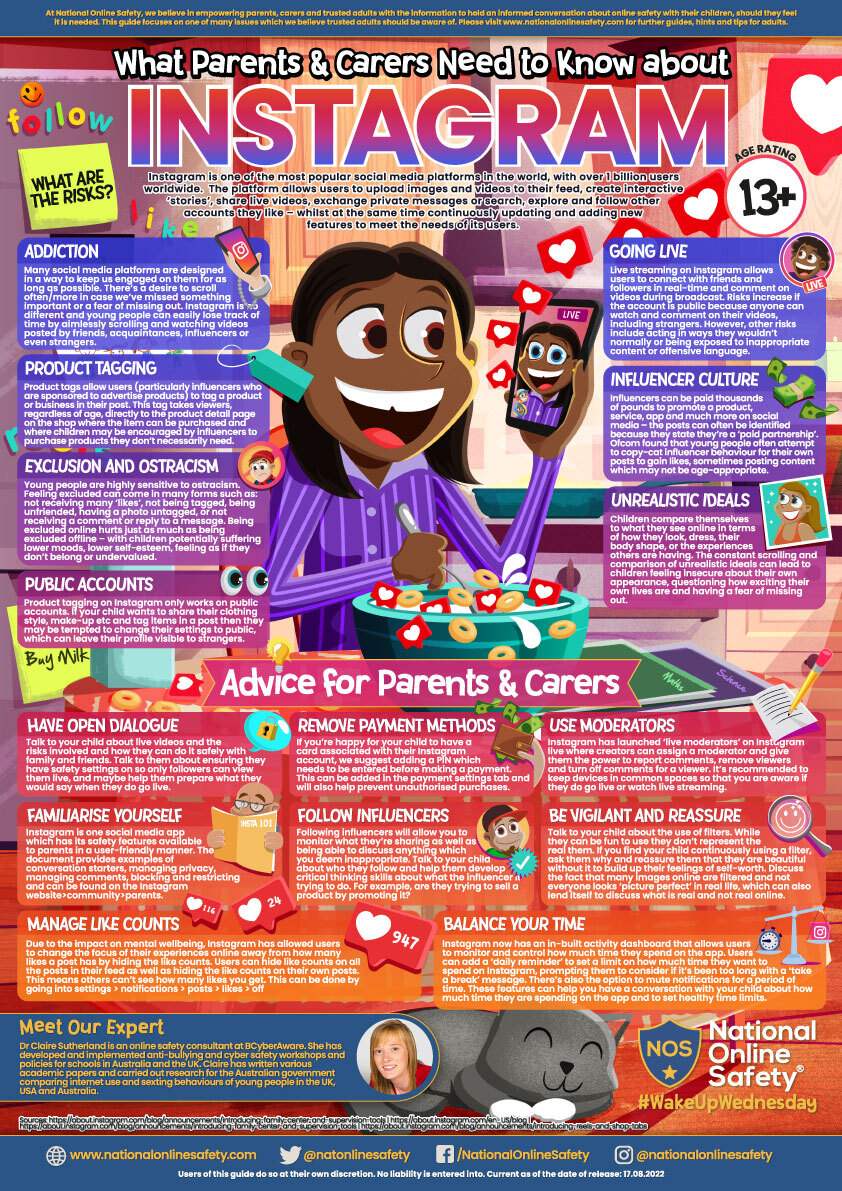
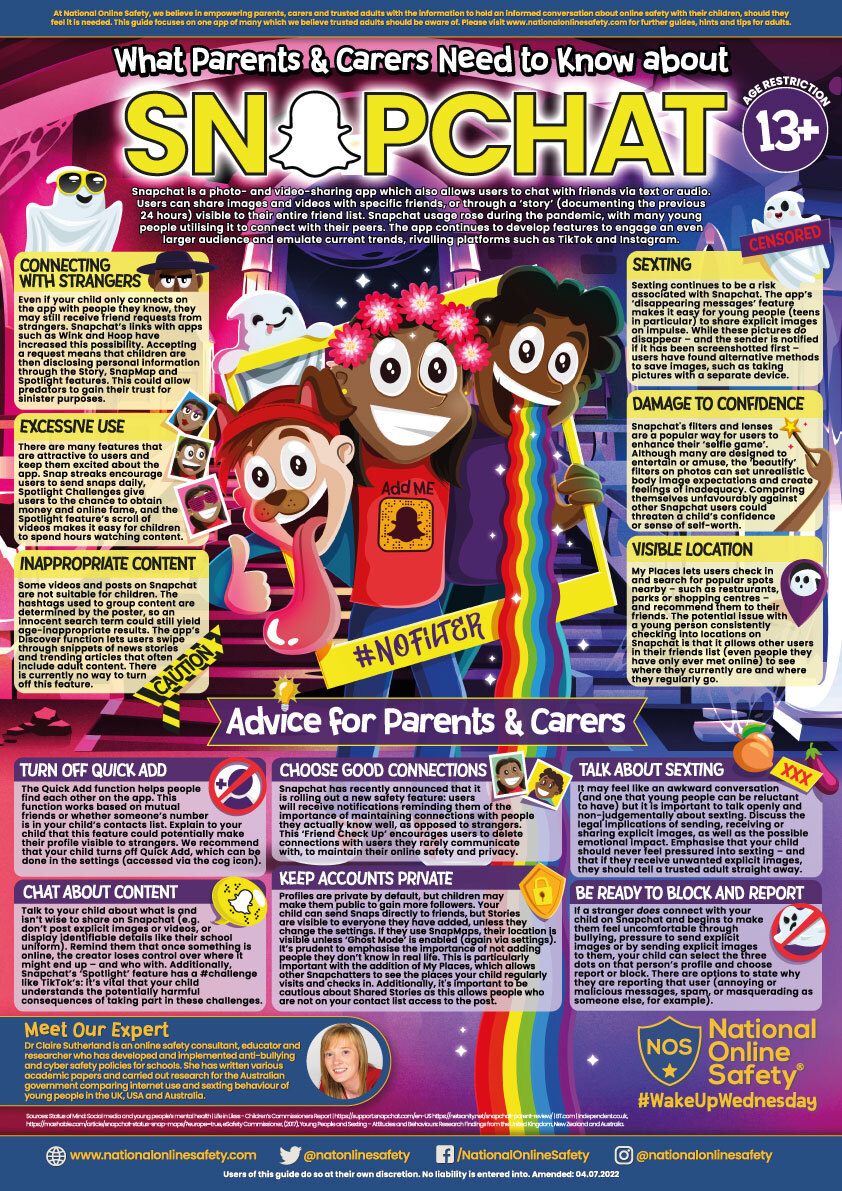
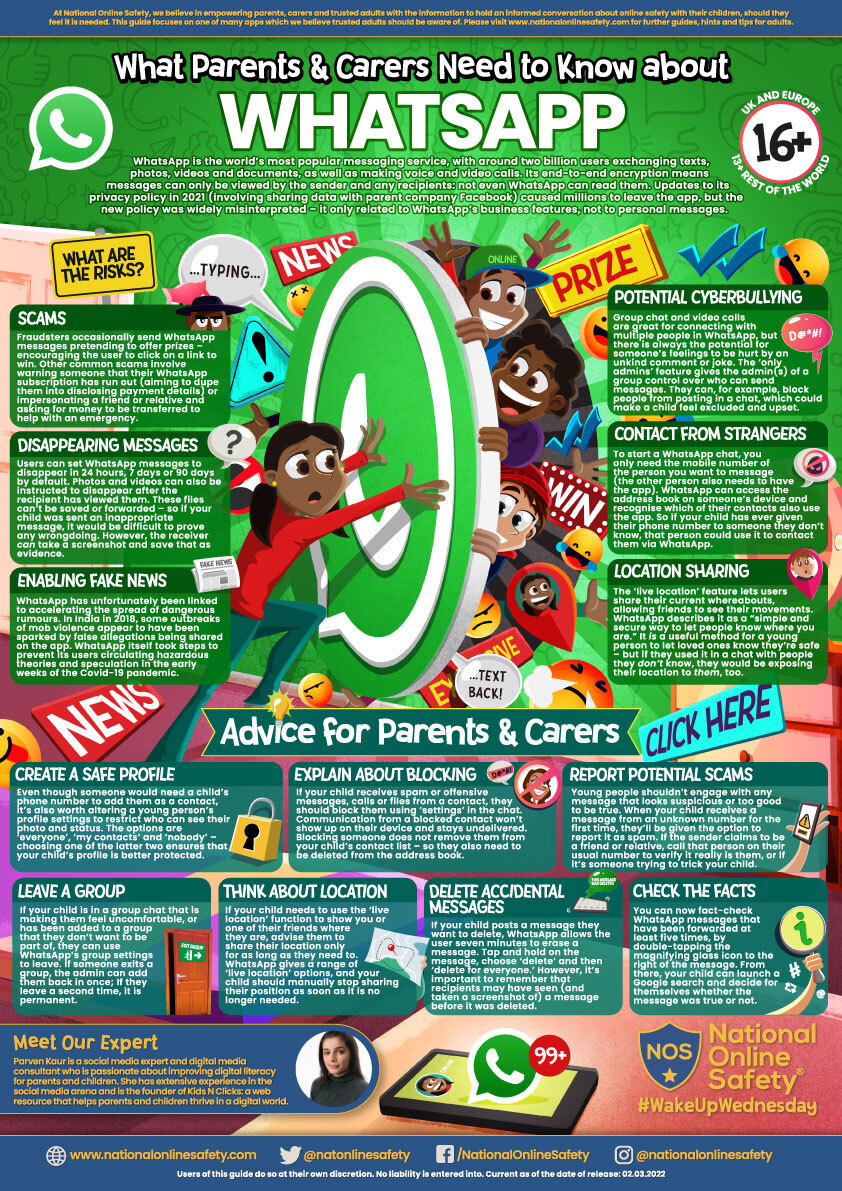
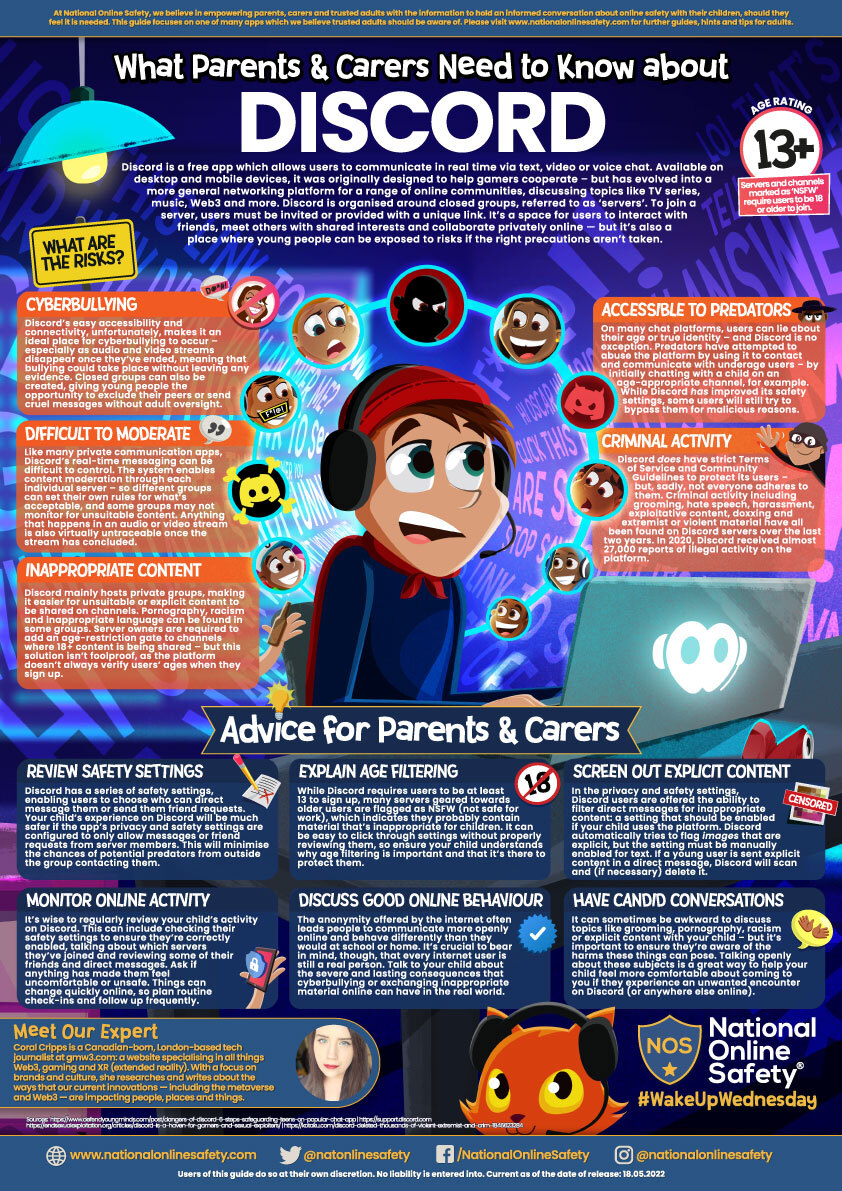
Safer Internet Day
Every year, the school takes part in Safer Internet Day. The video below is for parents. This is also a useful link : https://saferinternet.org.uk/safer-internet-day/safer-internet-day-2023/parents-and-carers/find-out-more-about-specific-issues


